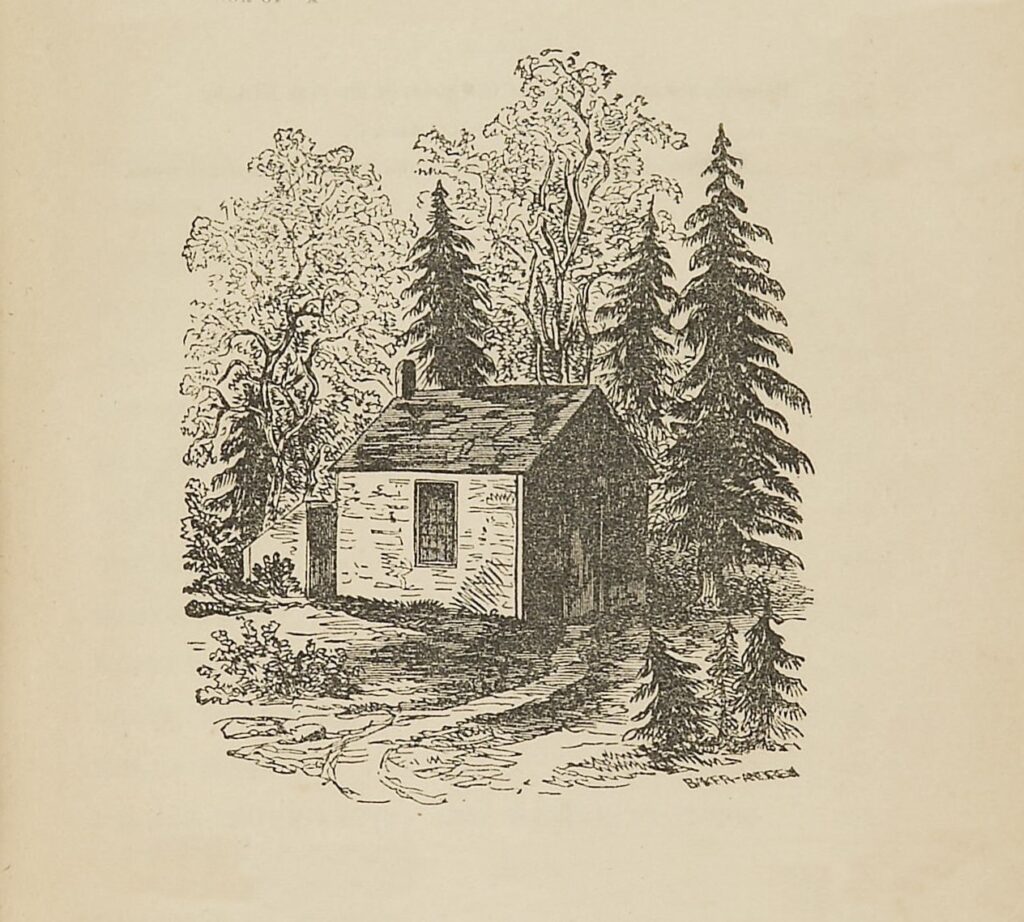Kurt Vonnegut? Jacqueline Blais? Apocryphal?

Question for Quote Investigator: A prominent writer was unhappy that the world was not rapidly phasing out the use of fossil fuels. So the wit wrote a sardonic explanation for future generations. Here are two versions:
(1) We were roaring drunk on petroleum.
(2) We were rolling drunk on petroleum.
These words have been attributed to U.S. novelist and essayist Kurt Vonnegut. Would you please help me to find a citation and to determine the correct phrasing?
Reply from Quote Investigator: Kurt Vonnegut expressed this idea on multiple occasions. In February 2006 Vonnegut attended the Connecticut Forum in Hartford Connecticut, and he participated in a panel discussion with fellow writers. Boldface added to excerpts by QI:1
Asked about a reference in his most recent book to the world’s dependence on oil, he offered this message to future generations: “Please accept our apologies. We were roaring drunk on petroleum. … My reading of history [is] the only fun most human beings have ever had … has been driving automobiles. … Eventually we will run out of fossil fuels. I think the world is ending.”
Thus, Kurt Vonnegut deserves credit for this saying. The ellipses above appeared in the original newspaper text.
The variant with “rolling” instead of “roaring” entered circulation by 2008, but Vonnegut died in 2007, and QI has found no direct evidence that he employed the variant.
Below are additional selected citations in chronological order.
Continue reading “Quote Origin: Please Accept Our Apologies. We Were Roaring Drunk On Petroleum”







